HS-ESS2-2
Analyze geoscience data to make the claim that one change to Earth's surface can create feedbacks that cause changes to other Earth systems.
-
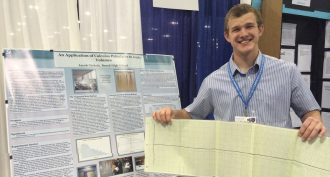 Math
MathTeen puts calculus on ice
Jacob Nichols wondered if he could use calculus to find the volume of the icicles building up outside his house. His study earned him a spot at the 2014 Intel International Science and Engineering Fair.
-
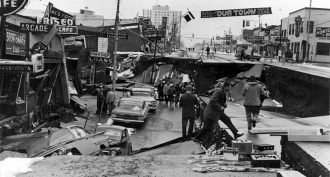 Earth
EarthThe quake that shook up geology
North America’s biggest earthquake struck 50 years ago. Here’s what science has learned about Earth since the 1964 Great Alaskan Earthquake.
By Beth Geiger -
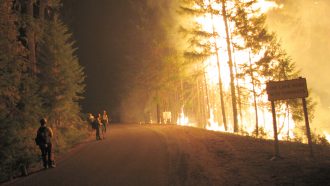 Environment
EnvironmentBurning to learn
Fires cause billions of dollars of destruction to homes and forests every year. But not all fires are bad, especially for forests. With a better understanding of fire, scientists can both help people prevent dangerous fires — and identify which ones it would be better to let burn.
-
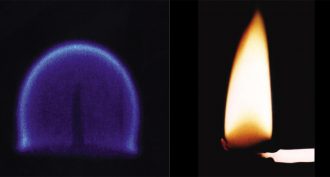 Environment
EnvironmentExplainer: How and why fires burn
A fire’s colorful flame results from a chemical reaction known as combustion.
-
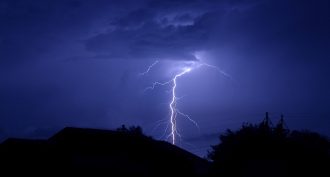 Earth
EarthEarthquake-triggered lightning?
An experiment with beads offers support for the claim that a rare type of lightning may accompany some quakes.
By Andrew Grant -
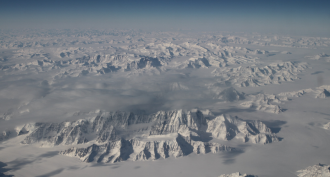 Earth
EarthExplainer: Ice sheets and glaciers
Ice sheets and glaciers give scientists clues about climate change.
By Douglas Fox -
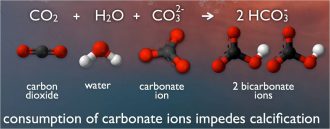 Chemistry
ChemistryExplainer: Ocean acidification
Here’s why shellfish and other animals in the sea suffer when the ocean is forced to absorb too much carbon dioxide.
-
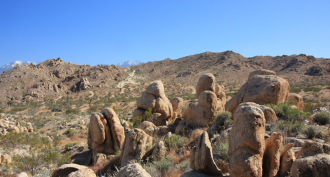 Earth
EarthBig rocks’ balancing acts
Scientists study how balanced boulders resist falling over — and what that may say about earthquakes.
By Douglas Fox -
 Earth
EarthTsunami’s trek traced in the sky
Scientists photograph atmospheric ripples that followed the March tsunami across the Pacific.
-
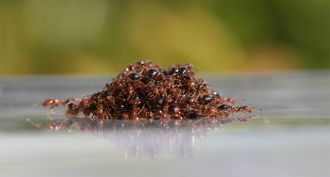
-
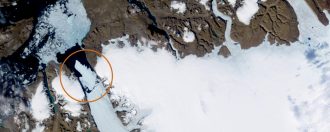
-
 Climate
ClimateA dire shortage of water
Parts of the southwestern United States are in the middle of the worst drought in at least 500 years.
By Emily Sohn